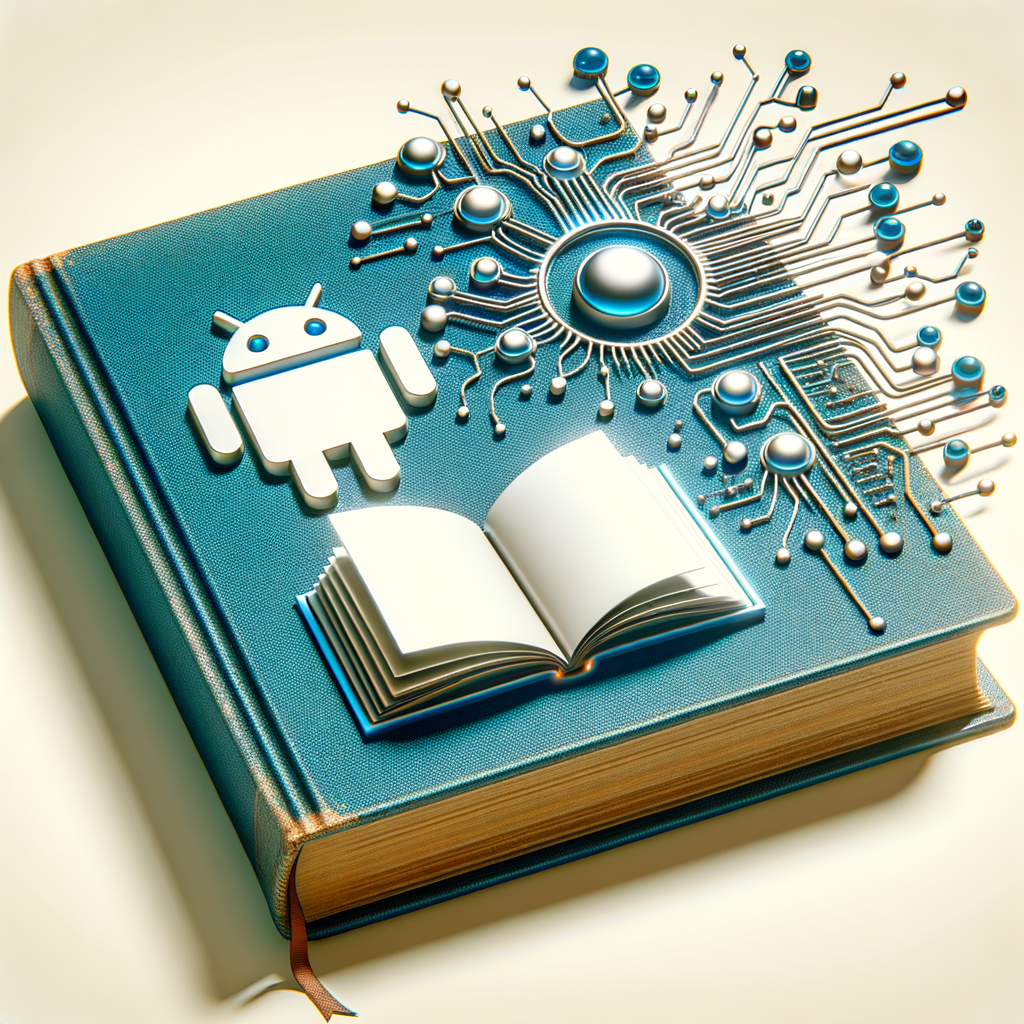
AI Storytellers: Crafting Compelling Narratives with Machine Learning
Discover how AI is transforming the world of storytelling. This blog delves into innovative applications of machine learning in crafting narratives that captivate audiences, automate content creation, and personalize storytelling experiences. Explore the intersection of technology and creativity, and understand how AI storytellers are redefining the way we engage with tales, whether in gaming, films, literature, or marketing.
In recent years, artificial intelligence has made great strides in automating various human tasks. One of the more intriguing developments is AI’s ability to assist in storytelling. This blog post explores how AI is being leveraged to craft stories that not only captivate audiences but also engage them on a personal level. From the creation of interactive narratives in video games to the personalization of marketing content, AI storytelling is opening up new possibilities for creativity and engagement.
The Evolution of AI in Storytelling
AI's journey into the world of storytelling began with simple data analysis and content suggestions, but it has since evolved into generating full stories with the help of natural language processing and machine learning algorithms. By analyzing massive datasets, AI systems can identify narrative patterns and structures that resonate with audiences. Tools like GPT-3 have demonstrated the potential for AI to generate text that is coherent and contextually relevant, serving as a co-author alongside human writers.
Applications in Various Industries
- Video Games: AI is being used to develop adaptive storylines in video games, where players have the power to influence the outcome of the narrative, offering a personalized gaming experience.
- Film and Animation: Scriptwriting and dialogue generation are being enhanced with AI tools that suggest plot twists or dialogue options that align with the story arc.
- Marketing: AI-driven content platforms can help marketers create targeted campaigns with personalized storytelling that resonates with individual consumer preferences, increasing engagement and conversion rates.
- Literature: Authors are experimenting with AI to generate ideas or expand on existing storylines, creating a new wave of collaborative writing endeavors.
Challenges and Considerations
Despite these promising applications, there are challenges in using AI for storytelling. One of the primary concerns is ensuring that AI-generated content remains diverse and free of biases. Ensuring originality and creativity, maintaining narrative coherence over long-form content, and preserving human touch are other significant challenges to be addressed.
Moreover, ethical considerations regarding authorship and the role of AI in creating art need to be thoughtfully examined. As AI systems become more proficient in storytelling, determining the balance between machine and human inputs will be crucial.
The Future of AI Storytelling
The potential for AI in storytelling is immense, and as technology continues to advance, we can expect even more sophisticated and engaging narratives. With continued research and development, AI storytellers might one day become a staple tool in the toolkit of writers and content creators across various fields.
By understanding the capabilities and limitations of AI storytellers, creators can better leverage these tools to enhance their storytelling abilities, pushing the boundaries of what’s possible in narrative creation. The future promises a symbiotic relationship between man and machine, where AI not only assists but enhances the richness of human storytelling.